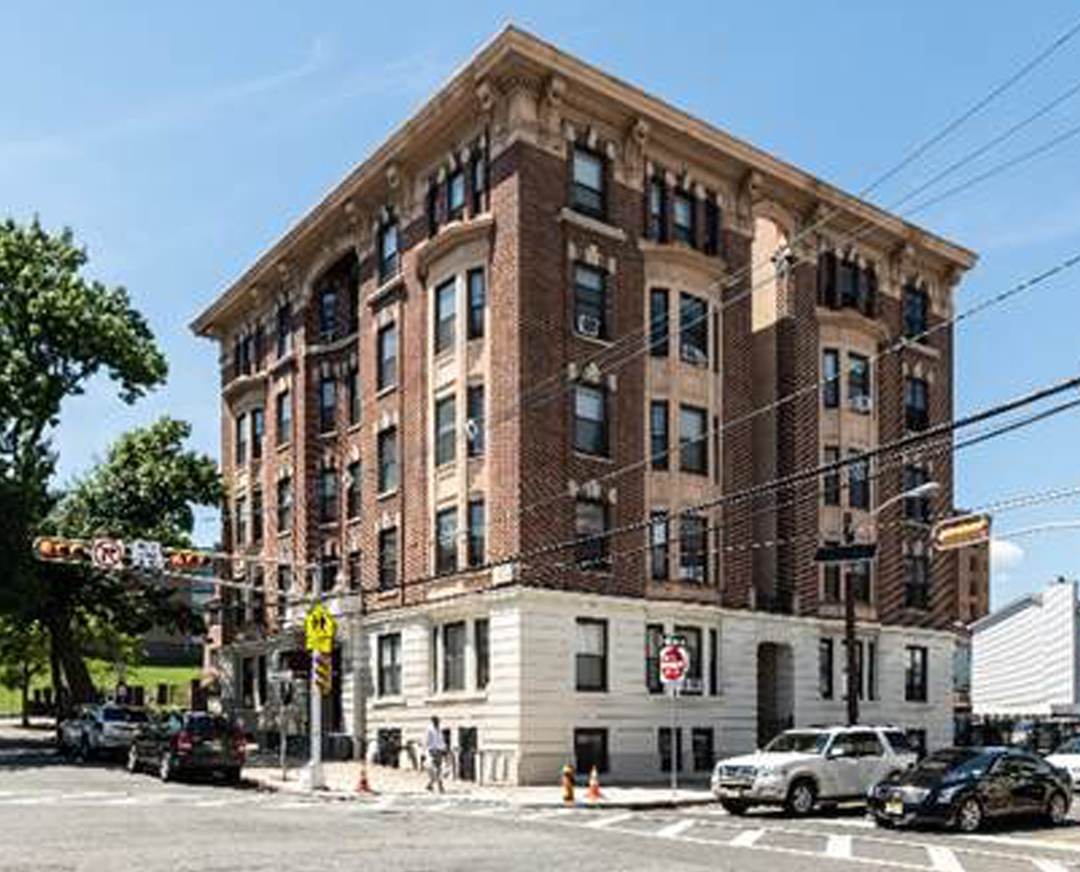| | | | Spring was in full swing at NHPF. The organization has been extremely busy on the Development and Thought Leadership fronts. We’d like to kick off this issue with a recent article penned for Forbes by our CEO Dick Burns that is a real call-to-action for business leaders to press forward in the important work of keeping LIHTC alive and well in pursuit of more affordable housing. | | | |  | How Business Leaders Can Work With Lawmakers To Advance Affordable Housing When politicians of either party go home to their states/districts, they most often hear from their constituents about the lack of affordable housing. The statistics supporting the imbalance between affordable housing supply and demand are overwhelming. And yet, while there is greater bipartisanship over the issue than in previous times, there still exists a strong divergence of opinion on how to house poor and low-income renters seeking shelter adequately. In all fairness, Congress must deal with many competing needs. Lobbyists support their causes everywhere, and many of those causes are worthy. However, putting aside for a moment the moral rationale for increased government support for affordable housing, I tend to agree with Mark Zandi, chief economist of Moody’s Analytics, and Jim Parrott, a non-resident fellow at the Urban Institute, who said in a recent co-authored CNN editorial, “It is unnerving to see so little attention given to what may be the most critical infrastructure need of all: the nation’s dire shortage of affordable housing.” | | | | | | | |  | NHPF Completes Recapitalization of Apartments in Newark, NJ July 12, 2022, New York, NY–NHPF, a national not-for-profit provider of affordable housing, announced today that it has closed the recapitalization of New Center City and New Irvine Turner Apartments in Newark, NJ. The deal will include 143 Section 8 units with 15 set aside for PSH. NHPF will perform a comprehensive rehab on the six-building property including site and exterior improvements, replacements of mechanical systems, structural repair and reconstruction, renovations to each unit (kitchen upgrades, bathrooms improvements, living space upgrades) and common areas. New community spaces will include a management office, resident services office and amenity spaces including laundry facilities and function room. | | | | |  | Khamari’s Story At Forest Park in New Orleans, Louisiana, the community global garden has done much more than bring fresh produce and herbs to families. For Khamari, who is in the 4th grade, it has become a positive outlet, leadership opportunity, and it has transformed reading into a fun activity. Khamari has struggled with reading in school and with controlling his emotions in a group setting. Over the last year, helping in the garden has become one of Khamari’s favorite things to do, and his behavior has greatly improved as a result. | | | | | |  | | | | |  | Our Top 4 Picks in this Quarter Make this summer an informed one! Check out these important books, fascinating listens, and a must-see art exhibit covering affordable housing, homelessness, and social justice. 1. In White Space, Black Hood: Opportunity Hoarding and Segregation in the Age of Inequality, Sheryll Cashin, the Carmack Waterhouse Professor of Law, Civil Rights and Social Justice at Georgetown University, demonstrates how durable and pervasive anti-Black rhetoric has been in American thought from the days of Thomas Jefferson to the era of Donald Trump. The ill-begotten notion of Black inferiority, she argues, led to segregation: White and Black space, an idea made iconic by the urban ghetto, an island of inopportunity defined largely by race. 2. Now available as an audiobook, Los Angeles Times’ affordable housing writer Conor Dougherty’s Golden Gates: The Housing Crisis and a Reckoning for the American Dream looks at the acute shortage of affordable housing in the San Francisco Bay Area—a topic you might expect to read about dutifully, not for pleasure. But Dougherty has a gift for making complex policy problems both clear and compellingly readable, and for rendering his characters with unsentimental sympathy. 3. Invisible Words is an exhibition of homeless signs, curated as simple, compelling art that showcases a range of emotions from embarrassment and shame, desperation and anger, to humor and political insight. The words are raw, emotional and some, magnificently poetic. The presentation of the signs in a gallery setting is in stark contrast to the sidewalks and underpasses across the United States where the signs were purchased. The exhibition is intended to be “an exercise in empathy,” an opportunity for the viewer to study the words in a new light, void of the often awkward interaction when their author is present. 4. Homelessness in America: The History and Tragedy of an Intractable Social Problem by senior fellow at the Manhattan Institute and contributing editor of City Journal, Stephen Eide, digs into why the same cities with the worst homelessness crises rank among America’s most successful. One of the crisis’ more perplexing features is how cities that have met with so much success with respect to economic development, crime, and public education have failed to even ease their homelessness crisis, much less end it. In Homelessness in America, Eide examines the history, governmental and private responses, and future prospects of this intractable challenge. Having trouble viewing this email?
View it in your web browser | | | | About the NHP Foundation
Headquartered in New York City with offices in Washington, DC, and Chicago, IL, The NHP Foundation (NHPF) was launched on January 30, 1989, as a publicly supported 501(c)(3) not-for-profit real estate corporation. NHPF is dedicated to preserving and creating sustainable, service-enriched multifamily housing, and scattered-site communities that are both affordable to low and moderate income families and seniors, and beneficial to their communities. Through Family-Centered Coaching, NHPF’s subsidiary Operation Pathways engages with, and assists, families experiencing poverty and other hardship, to problem-solve together. Through partnerships with major financial institutions, the public sector, faith-based initiatives, and other not-for-profit organizations, NHPF has 57 properties, including nearly 10,000 units, in 16 states and the District of Columbia. For more information, please visit www.nhpfoundation.org. | | | | | | | | | | | |